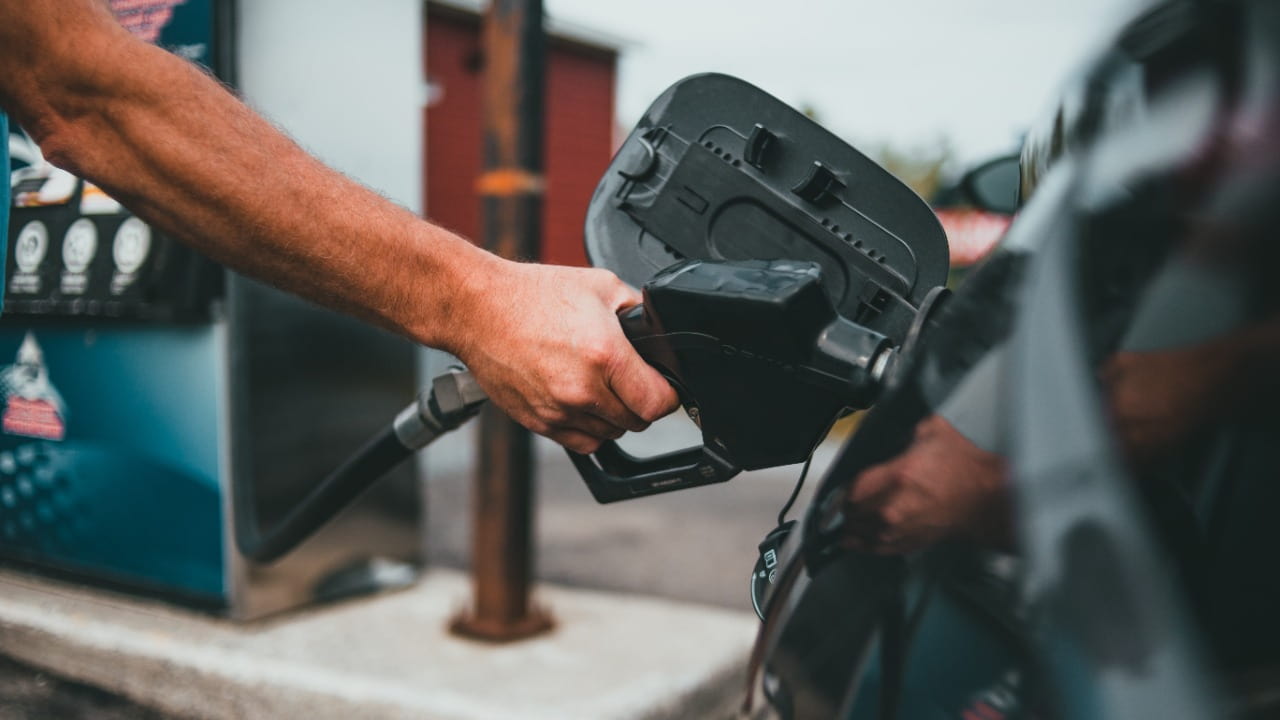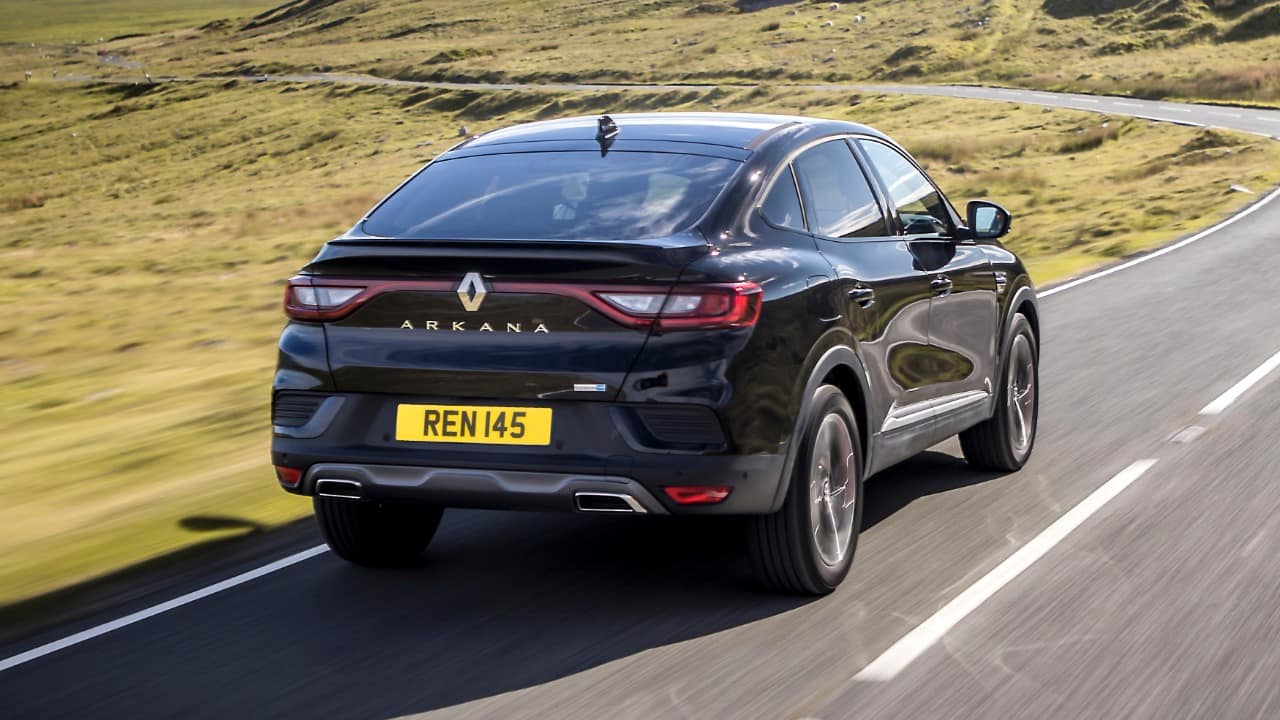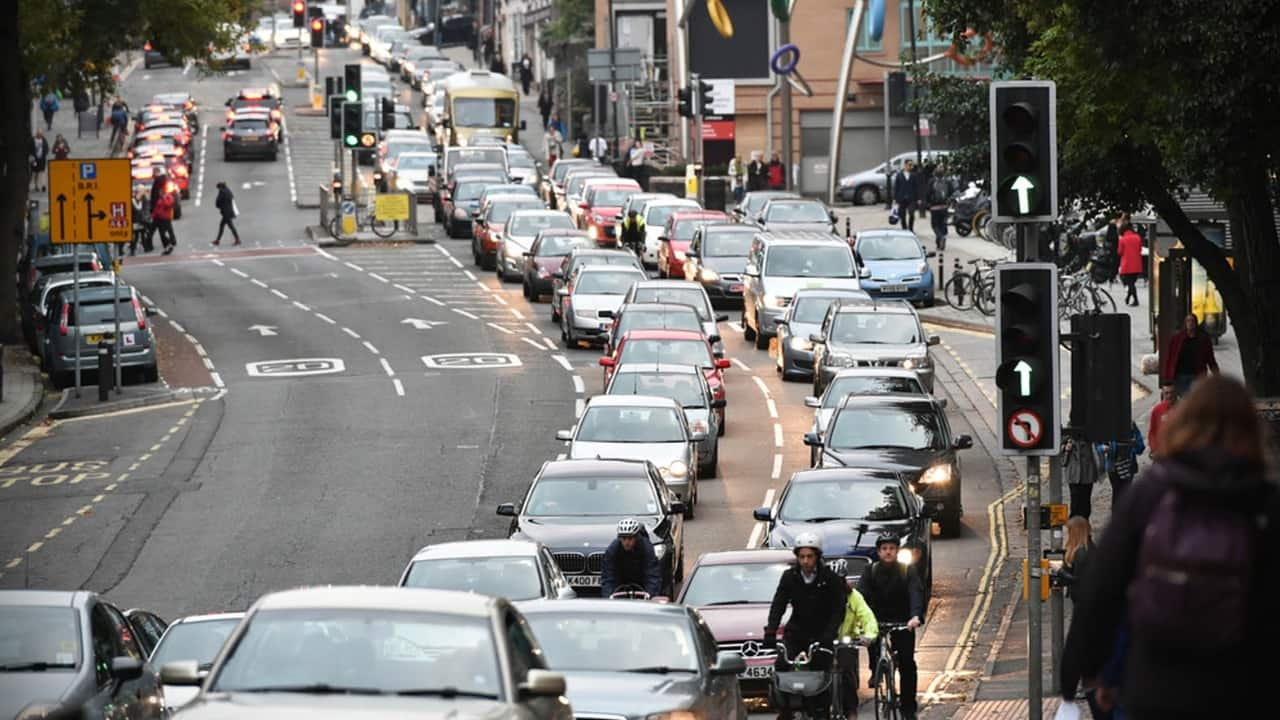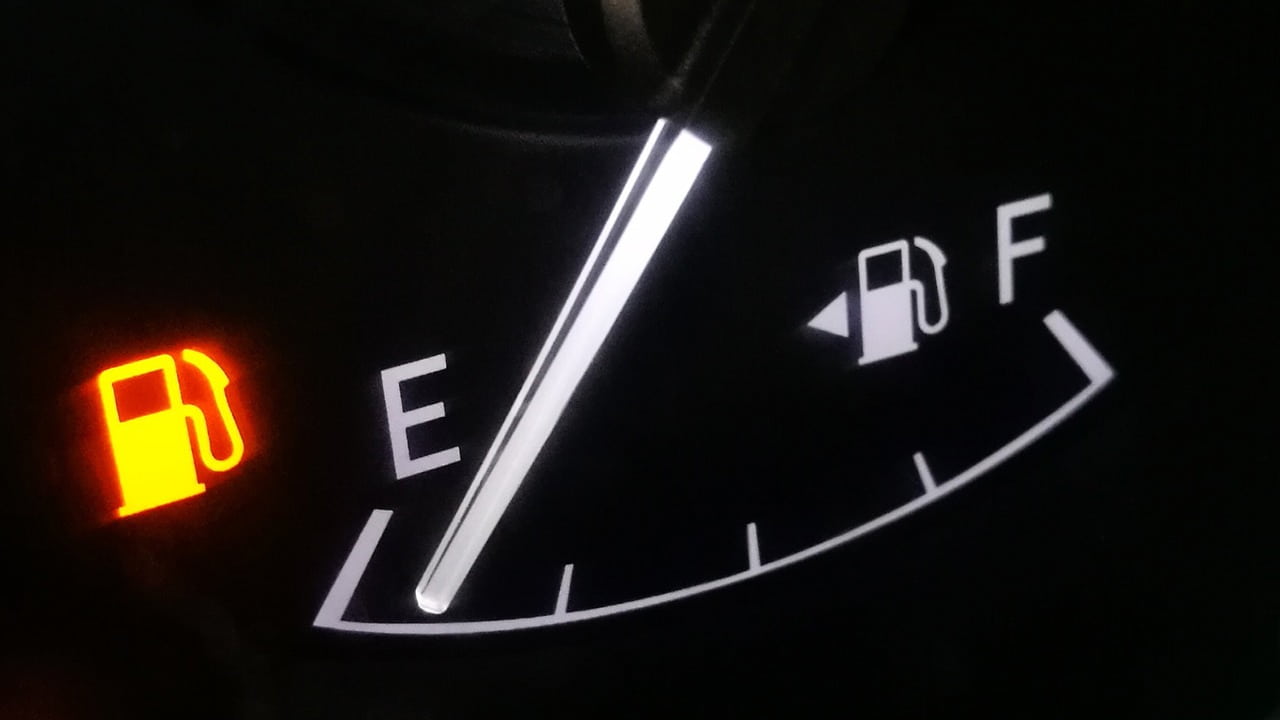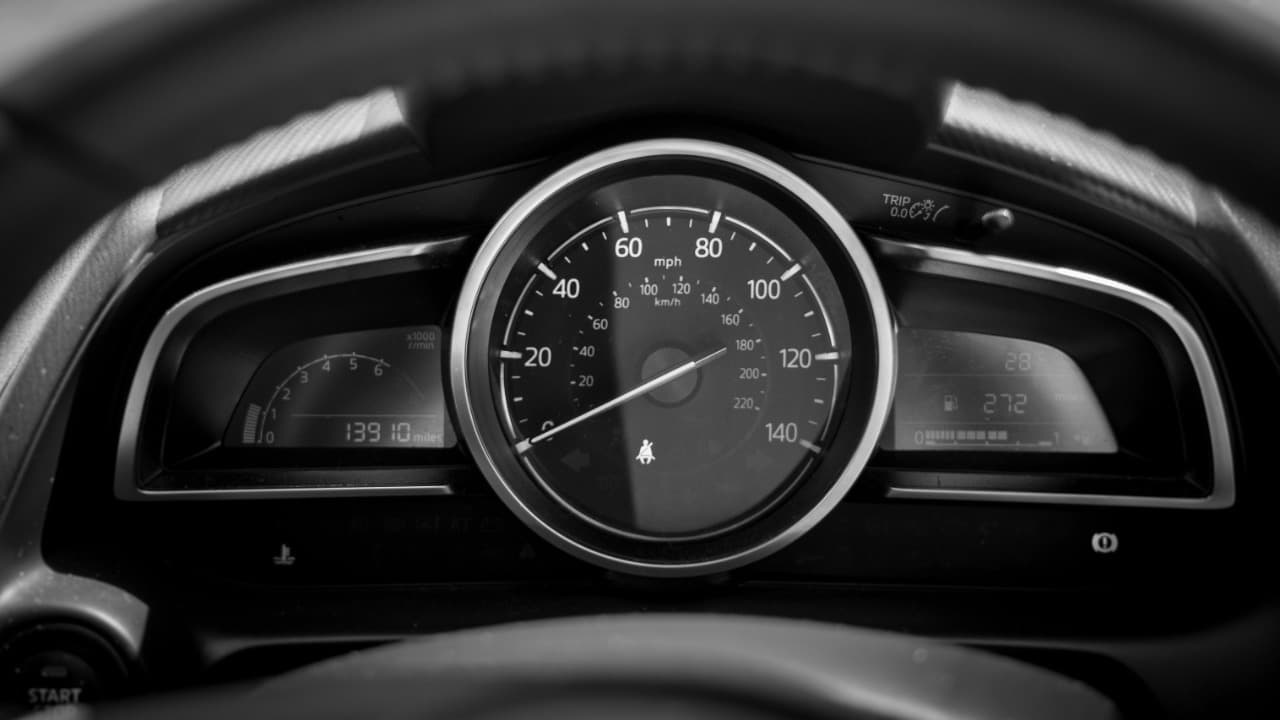MPG stands for miles per gallon, which is a unit used to measure the fuel economy of a car. It’s a crucial factor to consider when determining the cost of running your vehicle. Understanding your car’s MPG can help you make changes to save money.
But what does MPG really mean?
MPG, or miles per gallon, shows you how far you can travel in your car for every gallon of fuel used. For example, if your car gets 45mpg and you have one gallon of fuel left, you can drive approximately 45 miles before running out of fuel. However, factors such as driving style, road conditions, and location can affect your car’s MPG, causing variations.
In the UK, we typically use liters as a unit of measurement, but there are approximately 4.5 liters in a gallon. If you need an exact figure, you can use a gallon to liter conversion.
Why is it important to know the MPG of your car?
Knowing the MPG of your car is essential because it allows you to improve fuel economy, reducing your running costs. It’s also helpful to know the MPG before purchasing a car, as it gives you an idea of how much you’ll be spending on fuel.
Why does my car have multiple MPG numbers?
The MPG of your car varies depending on where you’re driving. Different MPG figures account for the following scenarios:
City MPG
City MPG, also known as urban MPG, refers to driving that involves frequent stopping or braking and rougher roads. This MPG is usually the lowest because the engine works harder in city traffic, requiring more fuel.
Highway MPG
Highway MPG represents the average fuel economy while driving on the highway. Since the roads are smoother and there’s less stopping and starting, your car needs less fuel, and the engine operates at a consistent level.
Combined MPG
Combined MPG is the sum of city and highway MPG. It provides an overall average of your car’s fuel economy.
How to find out the MPG of your car
Several methods can help you determine your car’s MPG:
- Manufacturer’s Website: Visit the manufacturer’s website and search for your car’s make and model. The MPG figure is usually found within the model’s specifications or features.
- DIY Calculation: To calculate your car’s MPG manually, follow these steps:
- Fill up your car’s fuel tank completely.
- Record the odometer mileage or reset the trip odometer if available.
- Drive the car as you normally would until you’ve used about half a tank of fuel. It’s essential to drive under usual conditions, avoiding changing your driving style.
- Fill the tank again and record the amount of fuel needed.
- Record the number of miles driven, either by using the trip odometer or subtracting the original odometer reading from the new one.
- Divide the miles traveled by the gallons of fuel needed to refill the tank. This calculation provides a rough estimate of your car’s MPG during that particular drive.
What is a good MPG?
Good MPG is subjective and depends on factors such as the car, driving conditions, and individual driving style. Generally, a higher MPG indicates better fuel economy. For new cars, a good MPG is typically considered to be around 50 to 60. However, there are differences between petrol, diesel, and hybrid cars. Hybrids tend to be the most fuel-efficient, followed by diesel engines, with petrol usually having the lowest MPG.
If your MPG is lower than expected and you want to maximize your fuel economy, consider the following suggestions:
How do I improve my car’s MPG?
Improving your car’s MPG can help you save money on fuel. Here are some tips:
- Keep your tires inflated: Maintaining the correct tire pressure helps reduce rolling resistance, improving fuel efficiency.
- Use cruise control: If your car is equipped with cruise control, use it on highways to maintain a steady speed.
- Use the correct gears: Proper gear selection can prevent your engine from working harder than necessary, improving fuel economy.
- Regular servicing: Ensure your vehicle receives regular servicing to keep it running efficiently.
- Avoid aggressive driving: Smooth driving, avoiding rapid acceleration and hard braking, contributes to better fuel economy.
These measures can enhance your car’s fuel economy. If you’re looking for even greater efficiency, consider searching for a more fuel-efficient vehicle.
New cars and servicing at Evans Halshaw
As you can see, MPG is a crucial consideration when purchasing a car. At Car news, you can explore our collections of new and used cars, including models with better MPG. Additionally, if it’s been a while since your last service, contact your local Evans Halshaw dealership for vehicle servicing today.
FAQs
Coming soon
Conclusion
Understanding MPG and its importance in determining your car’s fuel efficiency is essential for any car owner. By knowing your car’s MPG and implementing strategies to improve fuel economy, you can save money and make more informed decisions when it comes to purchasing or maintaining your vehicle. Start calculating your car’s MPG today and take steps towards a more cost-effective and eco-friendly driving experience.
